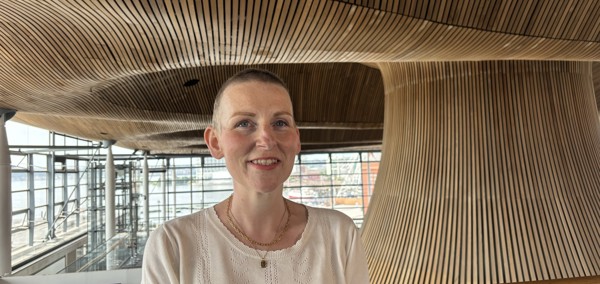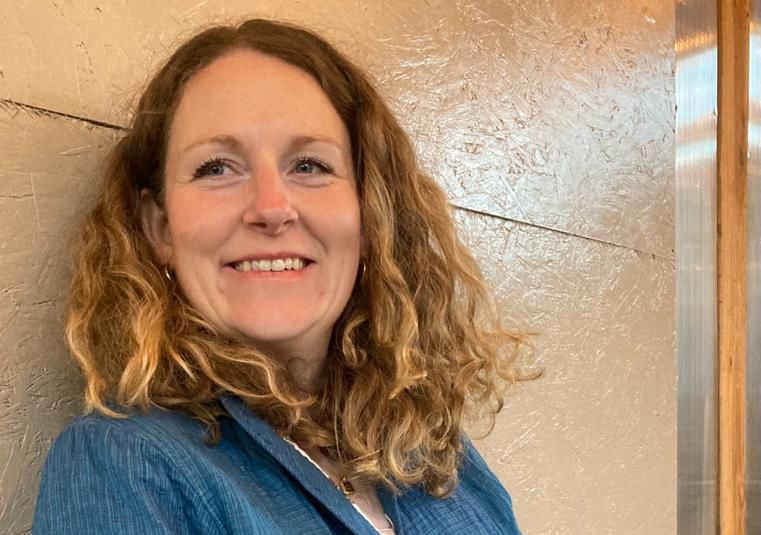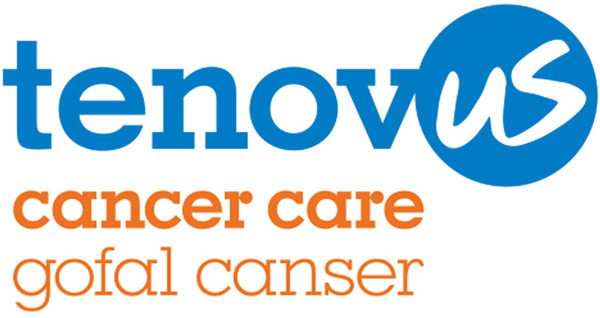This isn’t the article we were planning to write.
Just two weeks ago, we were talking with Claire about how to mark the anniversary of the launch of her campaign and celebrate everything it had achieved in just twelve months. Today, with deep sadness, we are instead writing in the wake of her death.
Claire died on Monday 12 May – almost exactly one year to the day since the campaign was launched. While our hearts are heavy, we are committed to continuing her legacy.
Claire’s Campaign launched on 15 May, the same day the Senedd debated the landmark Health Committee report Unheard: Women’s Journey Through Gynaecological Cancer. From the Senedd gallery, Claire watched as cross-party Members mentioned her name and paid tribute to the campaign. Responding to the debate, then Health Secretary Eluned Morgan opened with an apology to Claire:
“I want to start by apologising on behalf of the NHS for where we got your care wrong and where we let you down.”
Claire’s testimony to the inquiry, alongside that of Linda and Judith, has been described as “one of the most powerful ever heard by the Senedd.” Their voices ensured that the report’s 26 recommendations reflected the lived reality of women’s experiences. Claire’s Campaign was born from what followed.
After the hearing, women began reaching out to Claire, sharing their own similar poor experiences. Claire said:
“Since sharing my story to the Committee, so many people have reached out to me, telling me of their own poor experiences – stories that have until now gone unheard. I felt compelled to do something about it and passionately believe these people, these women, should have a burning platform so their stories are heard.”
With support from Tenovus Cancer Care, Cavendish Cymru (formerly Deryn), and other partners, Claire helped create that platform.
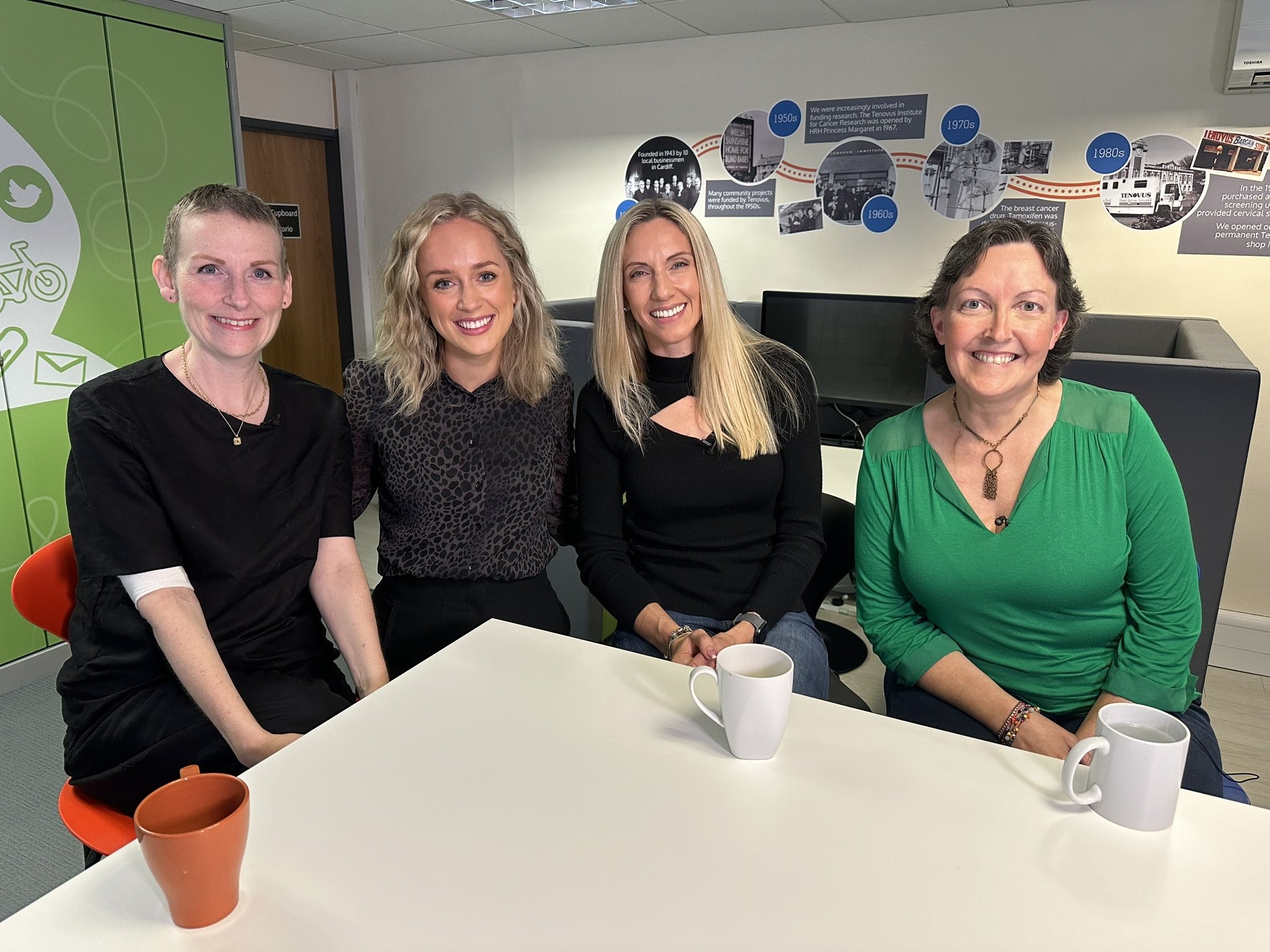
Over the past year, hundreds of women have contacted Claire. Twelve of their stories have already been published on the campaign website. Claire helped ensure their voices reached far beyond the website to national media coverage on BBC, ITV, and Channel 4. Claire also became the go-to spokesperson on key issues including the assisted dying bill and January’s Audit Wales report into cancer services.
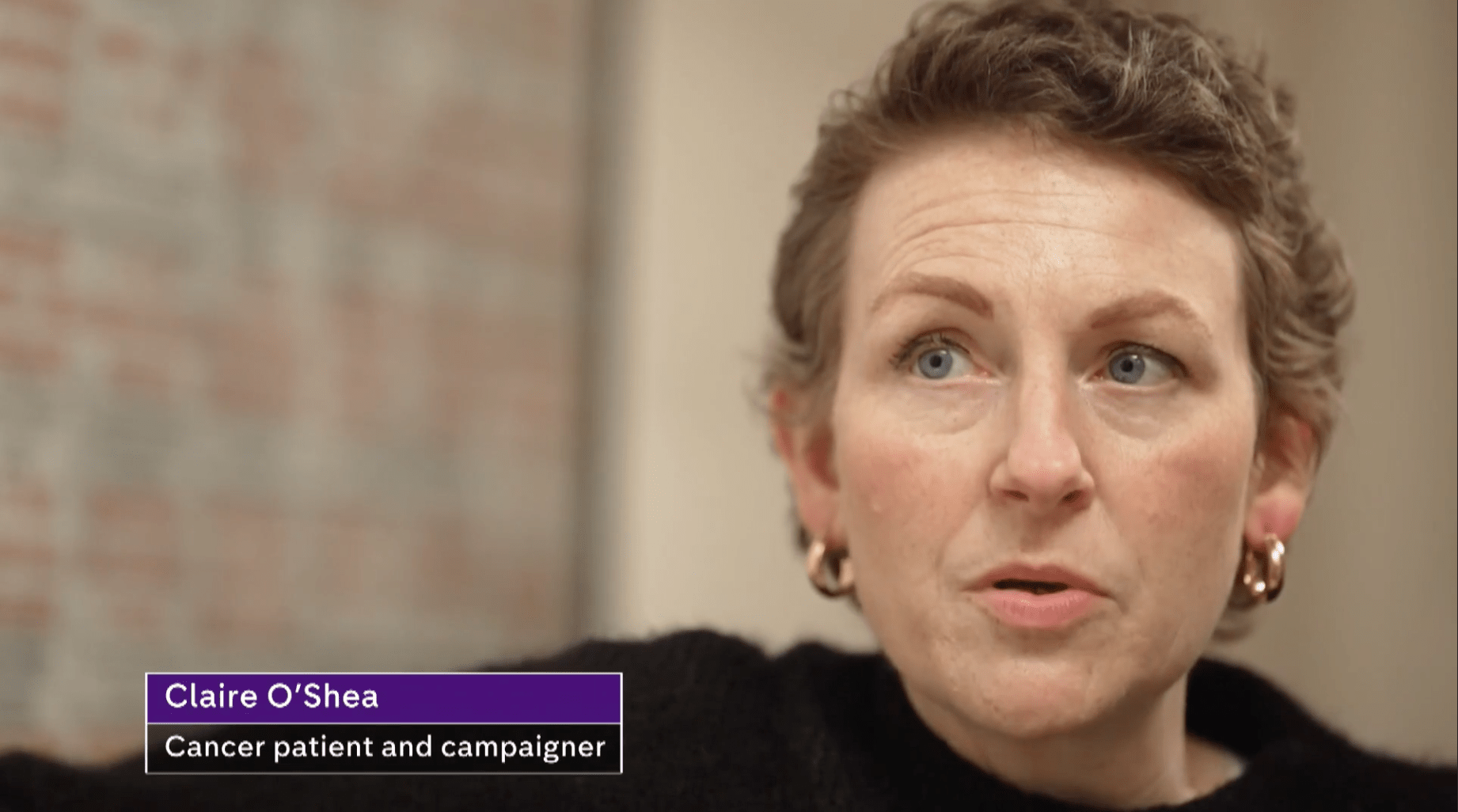
There have been policy wins and moments of public recognition. Claire was invited to meet King Charles III during the Senedd’s 25th anniversary and was recognised in the Your Voice exhibition for her contributions to public life.
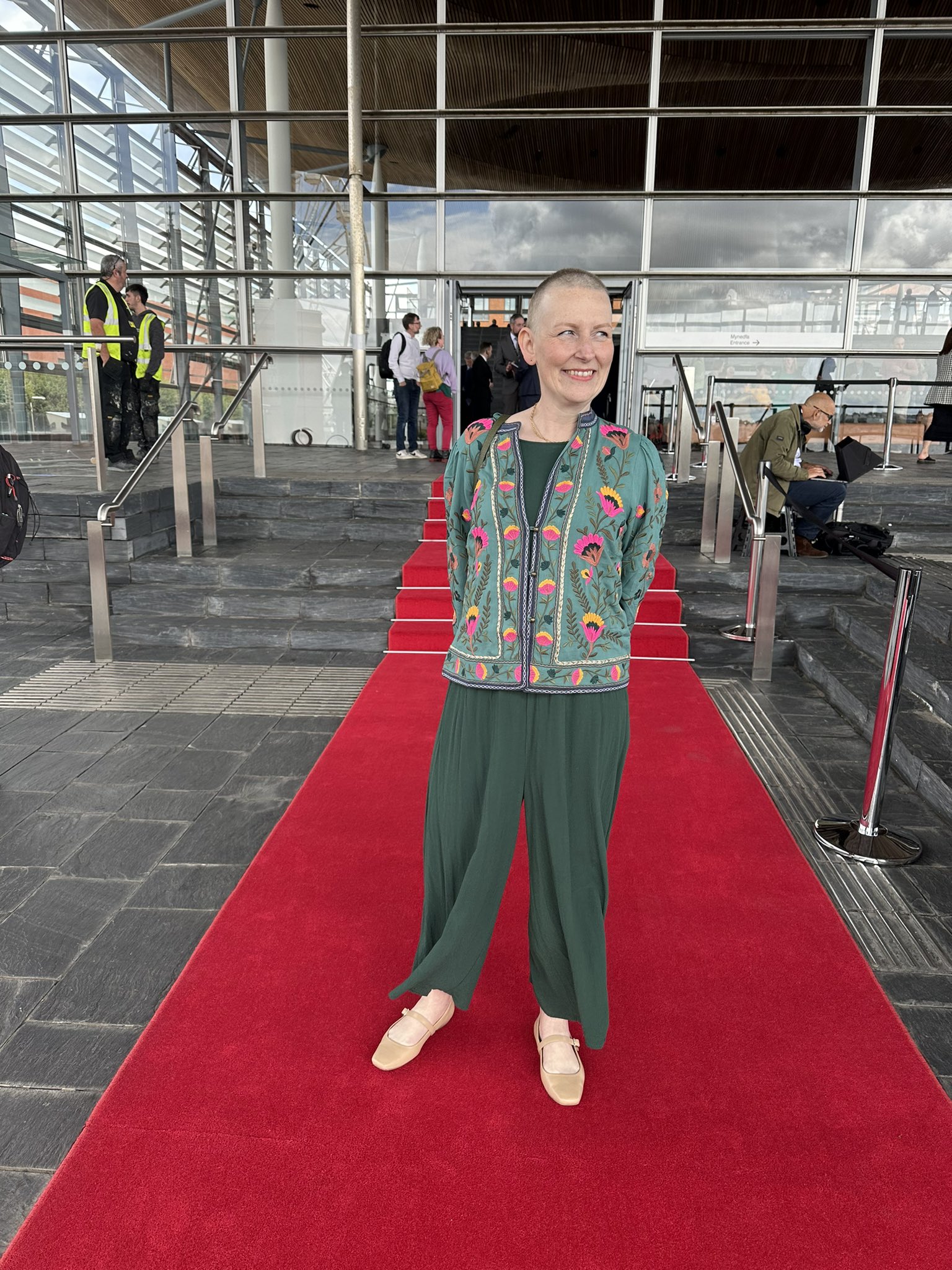
In February, Claire’s Campaign won the UK Campaign of the Year – Beyond London award at the PRCA Awards, recognising its impact in influencing government policy and driving meaningful change in Wales.
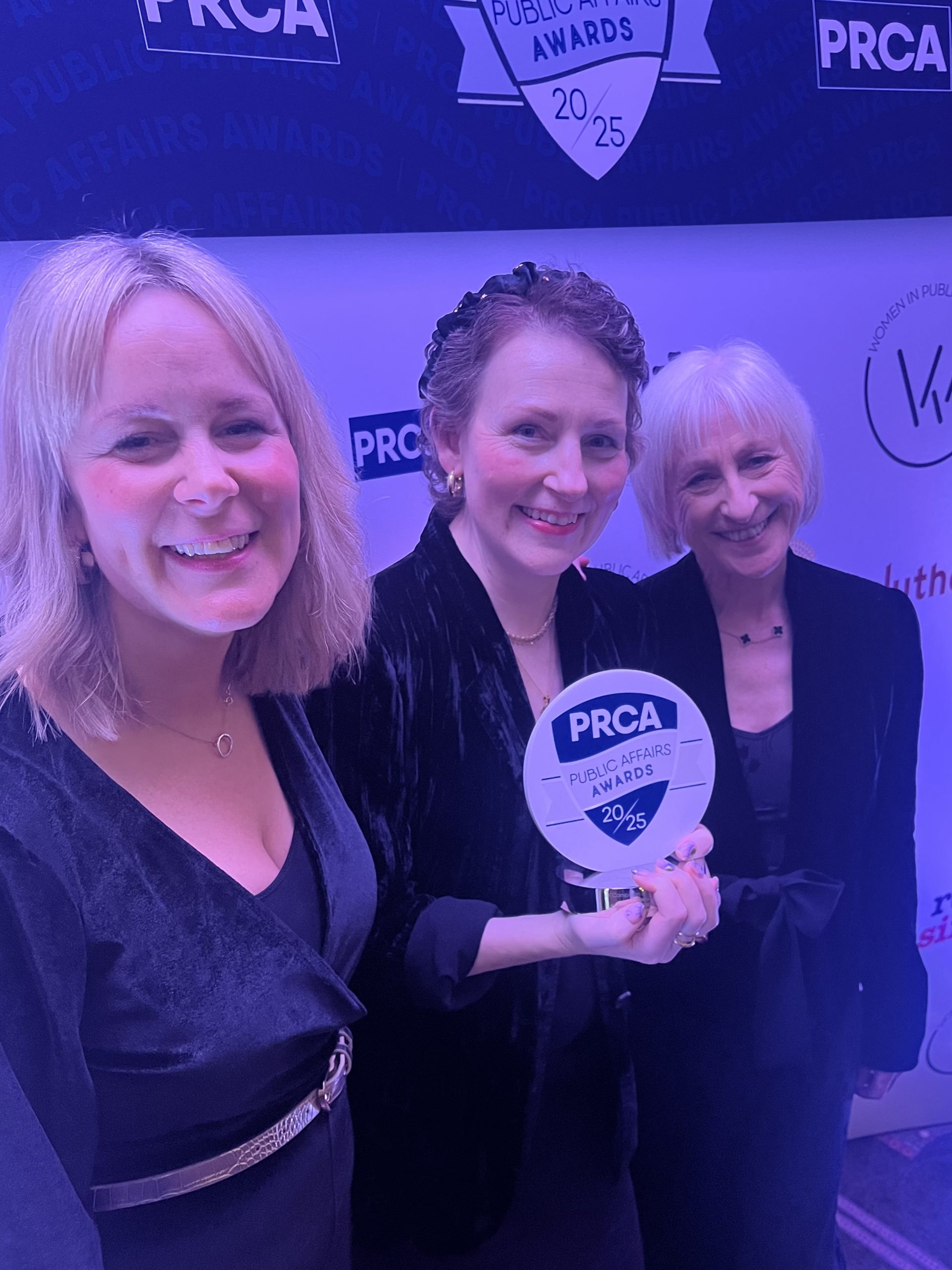
But there have also been frustrations.
Gynaecological cancers were notably absent from the Women’s Health Plan, despite early assurances that the Plan would be the driver for improvements in this area. While commitments have been made through the Cancer Recovery Programme, the campaign has raised concerns that its limited two-year scope falls short of what’s needed.
Still, there have been glimmers of hope.
Previously rejected recommendations on emergency presentations are being reconsidered. Waiting times have improved. But only 45% of women are currently starting treatment within the target 62 days. That’s not good enough.
So, the campaign will continue.
We are pressing for a short Senedd inquiry before the next election, so that we can review progress and continue to ensure the recommendations from the Unheard report are fully implemented.
We will make sure that more women are able to come forward and share their experiences, because the platform Claire built is still desperately needed. And we will continue to ask Welsh Government to meet with other women who have had similar experiences as Claire. As we look towards the 2026 Senedd election, we will hold candidates and parties to account in terms of prioritising gynaecological cancers and the experiences of women.
Though she will no longer be with us in person, Claire’s voice will still be heard. Her impact lives on in policy, in every woman she empowered, and in the continued campaign for better care for women in Wales.
